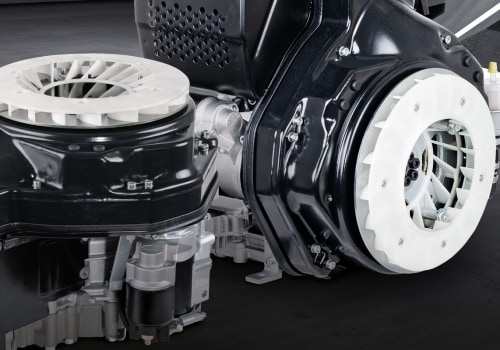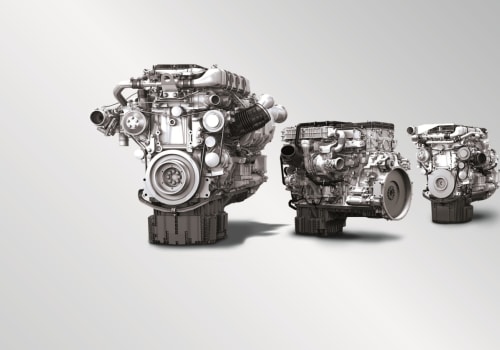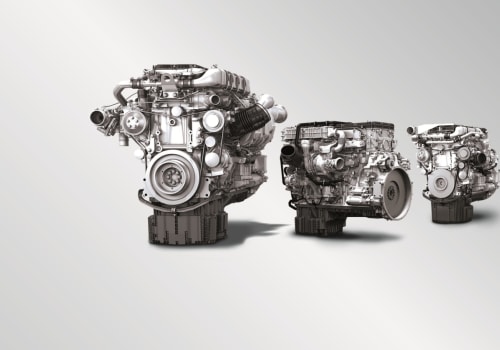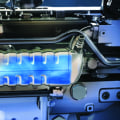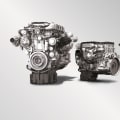The development of diesel engine technology has had a significant impact on environmental regulations and standards. The four main pollutant emissions from diesel engines - carbon monoxide (CO), hydrocarbons (HC), particles (PM) and nitrogen oxides (NOx) - have been the focus of much research and study. These emissions can cause acid rain, which affects soil, lakes, streams and the human food chain, as well as property damage and reduced visibility. In order to reduce NOx emissions, diesel engines are equipped with a combination of diesel oxidation catalyst (DOC), diesel particulate filter (DPF) and selective catalytic reduction (SCR) systems.
Studies have shown that exposure to diesel exhaust gases can cause lung damage and respiratory problems, as well as cancer in humans. The National Clean Diesel Campaign, now known as the Diesel Emissions Reduction Act (DERA) Funding Program, has provided funding for additional projects to help reduce these harmful effects. The diesel engine uses heat to release the chemical energy contained in the diesel fuel and convert it into mechanical force. In addition to the DOC, other HCs such as ethanol, acetone and propanol can be injected into the exhaust stream to help reduce NOx.
Overall, the implementation of these emission control systems has been successful in reducing polluting emissions from diesel engines and helping to meet strict environmental standards. However, further research is needed to ensure that these systems are effective in reducing all types of polluting emissions from diesel engines.

